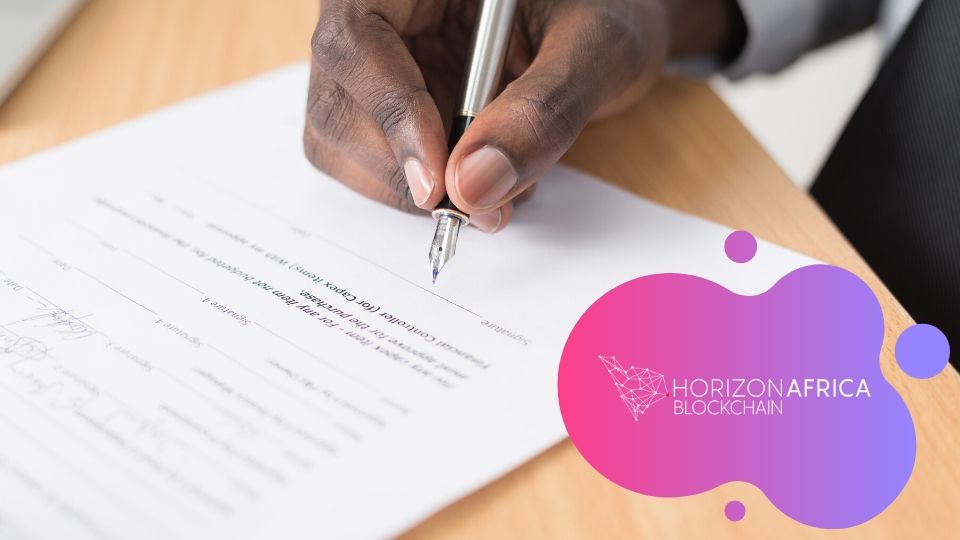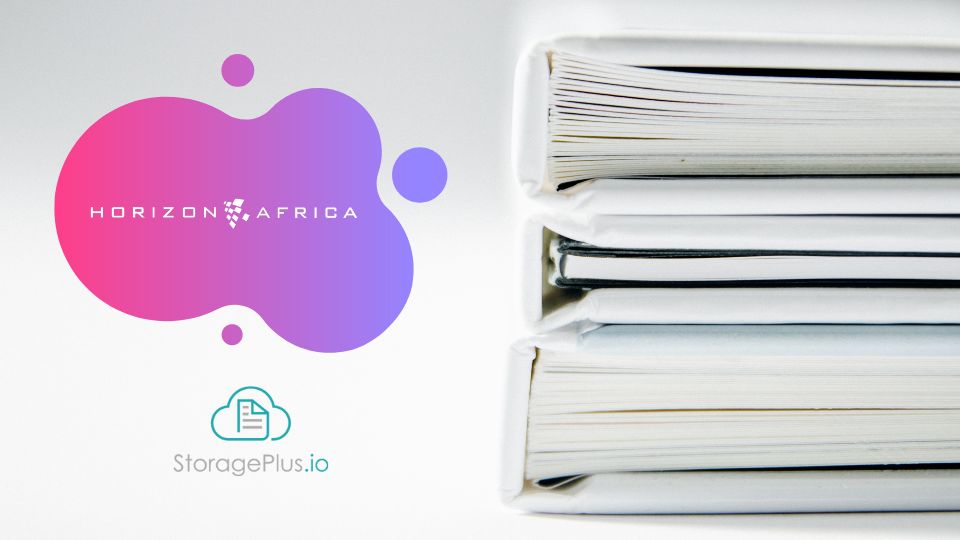- The Blockchain for Africa
- info@horizonafrica.io
Blockchain for Procurements in Mauritius

Photo by Cytonn Photography on Unsplash
The public procurement system for Mauritius is an important component of the Mauritian government. Most of the services or products which are acquired by the public sector along with a large part of the government budget go through this system. This national structure has been designed to be robust and impartial in order to provide the best service at the best possible cost. At its core, the Central Procurement Board has been set up to ensure that these aspects are properly enforced and that it follows a clear law-mandated goal of obtaining the best value for public expenditures.
Role of the Central Procurement Board
The Central Procurement Board is properly structured with a set of different roles including a chairperson, 2 vice-chairpersons and 3 other persons who have a wide experience in legal, administrative, economic, financial, engineering, scientific or technical matters and who are appointed by the President of the Republic. Among other things, the functions of the board include:
- Vetting bidding documents;
- Receiving and publicly open bids;
- Selecting qualified evaluators for the bid evaluation committee;
- Approving awards of contracts;
- Approving amendment proposals;
The functions of the Board affect various aspects of the process and this results in a complex flow for everyone involved and which includes different people, from different departments, and from different technical and non-technical backgrounds. Tracking in such cases becomes a very important but difficult task.
The Blockchain technology can be used to create better and more transparent tracking systems which would include the use of digital signatures via public key cryptography. As such, each user or party in the flow would be assigned a digital signature which would ensure non-repudiation and transparency.
Procurement Methods
The Mauritian public sector requires different kinds of services and products in its operational activities and at different levels of necessity and urgency. Different procurement methods exist to cater for these different needs and include the following for procurement of goods:
- Open advertised bidding
- Restricted bidding
- Request for sealed quotations
- Direct procurement
- Community or end-user participation
- Departmental execution
Procurement of consultancy services include:
-
Requests for proposals on the basis of
- Quality and cost
- Quality alone
- Quality and fixed budget
- Least cost and acceptable quality
- Direct procurement
- Open advertised bidding
The use of the different procurement methods in Mauritius depend on the type of the good or service which is needed by the procurement board and require many variables to be taken into consideration. Having the right information at any given time becomes really important to enhance traceability.
The blockchain technology can be used to set up smart contracts to store important information about each procurement item, procurement method used, the reason why a specific method was used, and the reasons put forward for choosing a specific method. All this information will be stored in an immutable data structure and will thus always provide evidence of the flow and decisions for each procurement.
The Bidding Process
The Bidding Process is probably the most critical part of the whole system as it requires an interaction between the Procurement Board, the procurement itself, and potential bidders for the procurement. Although, the procurement process is based on a well-documented law, the bidding process can be optimised with the use of blockchain technology.
One of the most important aspects of the bidding process is ensuring the integrity of the bidding documents as soon as the proposal has been submitted and until a bidder has been chosen. The blockchain technology can be used to stored hashes of submitted bidding documents along with financial information relative to the proposal in order to ensure that information has not been tampered with after a proposal has been submitted. Although information about a particular proposal will not be available publicly, anyone will be able to ensure the integrity of a proposal by using a verification against the hashed version of the submitted documents stored on the blockchain.
Procurement Contracts
After the bidding process, procurement contracts are allocated to the selected bidders which include information about the conditions which need to be satisfied in order for the successful bidder to become the recipient of the budget allocated to the procurement and contract. The contract usually includes sections such as names or awarded provider, revised contract price, conditions of acceptance, conditions and mode or payment, price adjustment mechanisms, provision for termination of the contract, among other things.
Radical Redesign of Procurement System
Although blockchain technology can be used to compensate for certain shortcomings of the current procurement system, it also has the ability to create a radical and disruptive design of the whole process, based on a completely decentralized model.
The system could work as follows:
- Industry experts could be contracted to prepare the procurement requirements.
- The procurement notices would be advertised on a blockchain-based system with the use of smart contracts where potential bidders can apply.
-
The bidding process would then be based on the following system:
- All bids would be analysed by another panel of experts in a decentralized way. They would independently vote on each bid and provide reasons for acceptance or rejection. All this would happen via a token-based voting system where each expert would get rewarded based on whether the successful bidder who was awarded the contract could actually deliver.
- The ones who are going to determine whether the successful bidder actually delivered will be the real users of the provided service or goods and they will vote via a decentralized voting mechanism.
This decentralized version of the Public Procurement Act for Mauritius would create a new and higher level of transparency, traceability and accountability for everyone involved in creating procurement requirements, submitting proposals and actually ensuring that the proposals are properly implemented.



